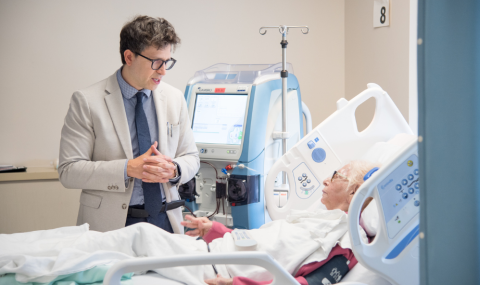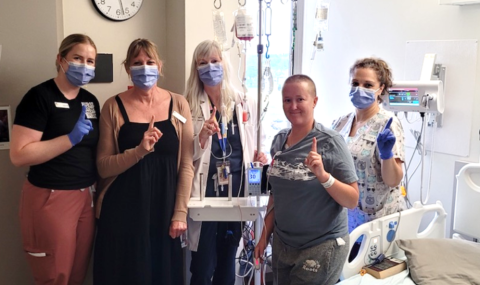The Adult Eating Disorders Service (AEDS) is a community-based program provided by London Health Sciences Centre. This service has been developed to meet the needs of adults who require treatment for anorexia nervosa, bulimia nervosa, binge eating disorder, avoidant restrictive food intake disorder and other specified feeding and eating disorders.
AEDS requires a physician referral. Physicians complete the online referral which can be found here: AEDS referral sheet and send all supporting documentation. This includes blood work and imaging that has been completed within 3 months of the referral. A list of supporting documentation is located under the referral tab.


